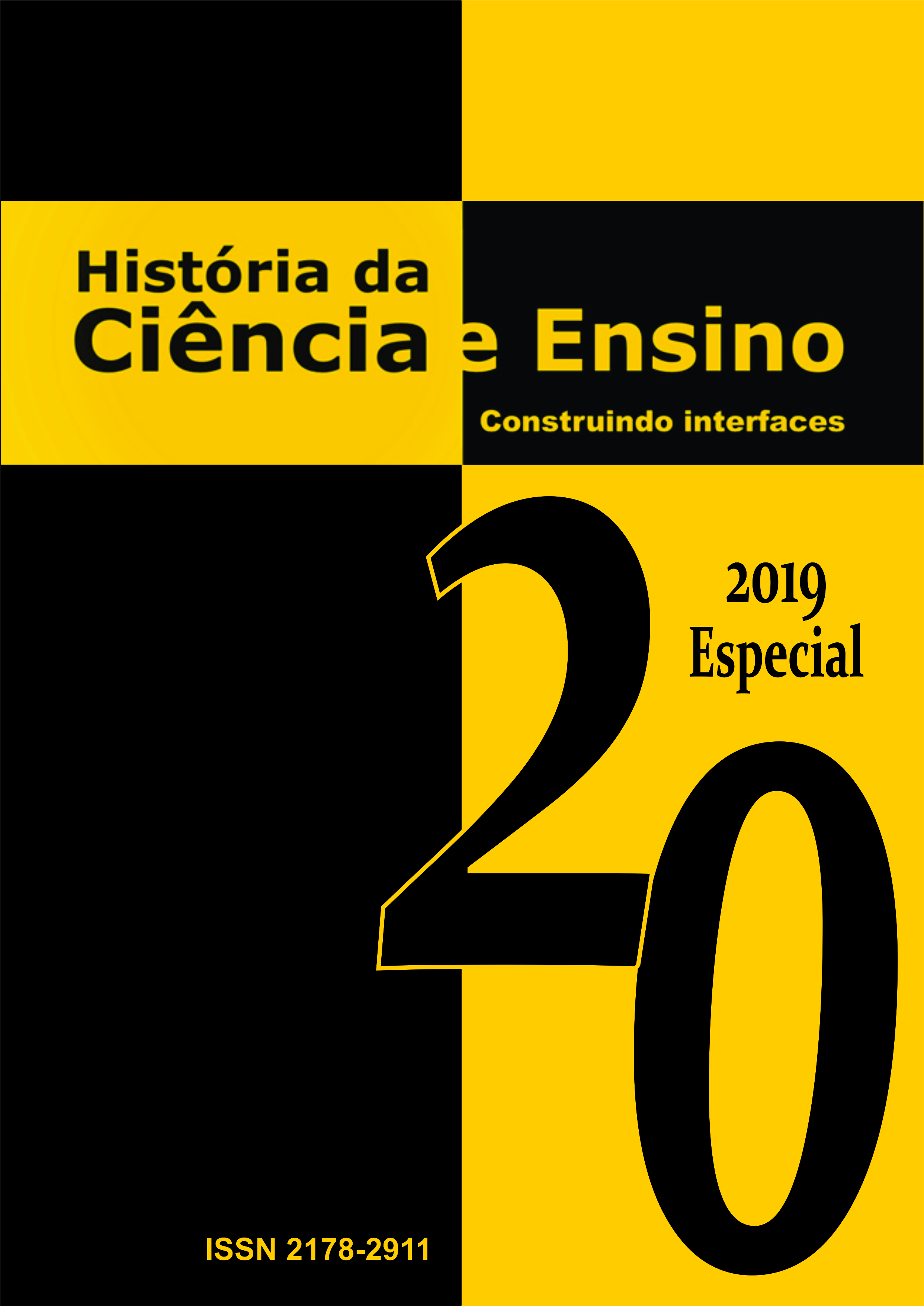HISTORICIZANDO CONHECIMENTOS TÉCNICOS: MÉTODOS DE CONSERVAÇÃO DE ALIMENTOS ENQUANTO ATIVIDADES HUMANAS NO TEMPO
DOI:
https://doi.org/10.23925/2178-2911.2019v20espp484-496Resumo
Resumo
O Ensino Médio Integrado articula o ensino técnico e a formação básica, nas concepções de politecnia, educação unitária e ominilateralidade. Os saberes técnicos devem ser abordados em sua historicidade, não apenas como procedimentos operacionais, mas como atividades humanas com origem em processos históricos, mediados por conhecimentos científicos que os fundamentam. Isso possibilita ao estudante uma apreensão crítica da realidade, sendo capaz de modificá-la. A efetivação do Ensino Médio Integrado requer práticas pedagógicas integradoras orientadas pela ideia de totalidade, rompendo com o modelo tecnicista de reprodução. O presente artigo, do tipo bibliográfico, teve como objetivo fazer uma abordagem da Educação Profissional no Brasil destacando a importância das práticas pedagógicas integradoras e descrevendo a possibilidade de integração entre as disciplinas de História e Conservação de Alimentos como uma opção para efetivação da proposta do Ensino Médio Integrado. Trabalhar a História de forma integrada pode fornecer uma compreensão de que as técnicas são resultado de processos históricos mediados por diversos fatores presentes em seu contexto de produção, permitindo visualizá-las como fruto do trabalho humano conforme suas necessidades e condições materiais auxiliando na formação do indivíduo numa perspectiva integral.
Palavras-chave: Ensino Médio Integrado; Práticas Integradoras; Técnico em Alimentos.
Abstract
Integrated Higher Education articulates technical education and basic training, in the conceptions of polytechnics, unitary education and ominilaterality. Technical knowledge must be approached in its historicity, not only as operational procedures, but as human activities originating from historical processes, mediated by the scientific knowledge that underlies them. This allows the student a critical apprehension of reality, being able to modify it. The implementation of Integrated Higher Education requires integrative pedagogical practices guided by the idea of totality, breaking with the technical model of reproduction. The implementation of Integrated Higher Education requires integrative pedagogical practices guided by the idea of totality, breaking with the technical model of reproduction. This article, of the bibliographic type, aimed to make an approach to Professional Education in Brazil highlighting the importance of integrative pedagogical practices and describing the possibility of integration between the disciplines of History and Food Preservation as an option to implement the teaching proposal Integrated Middle School. Working with history in an integrated way can provide an understanding that the techniques are the results of historical processes mediated by various factors present in their production context, allowing them to be visualized as a result of human work according to their needs and material conditions, aiding in the formation of the individual in an integral perspective.
Keywords: Integrated Middle School; Integrative Practices; Food Technician.


